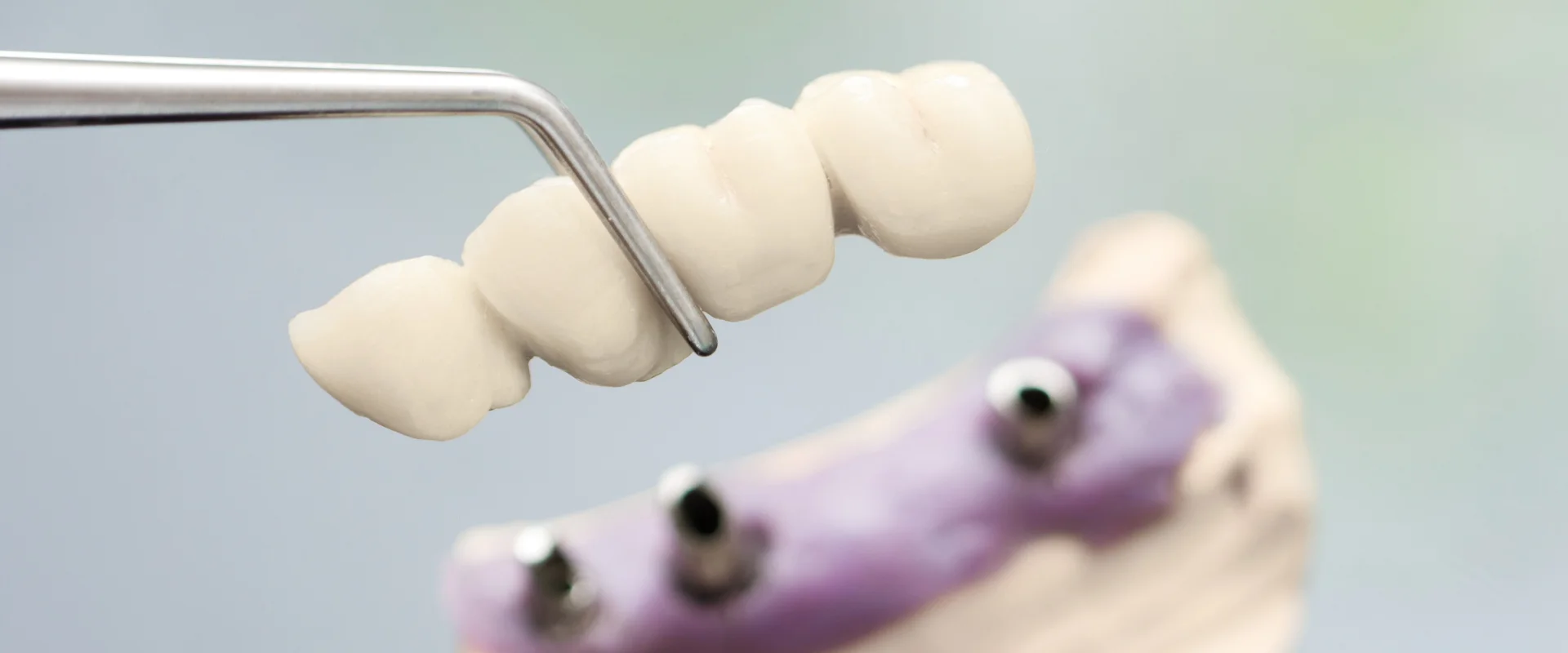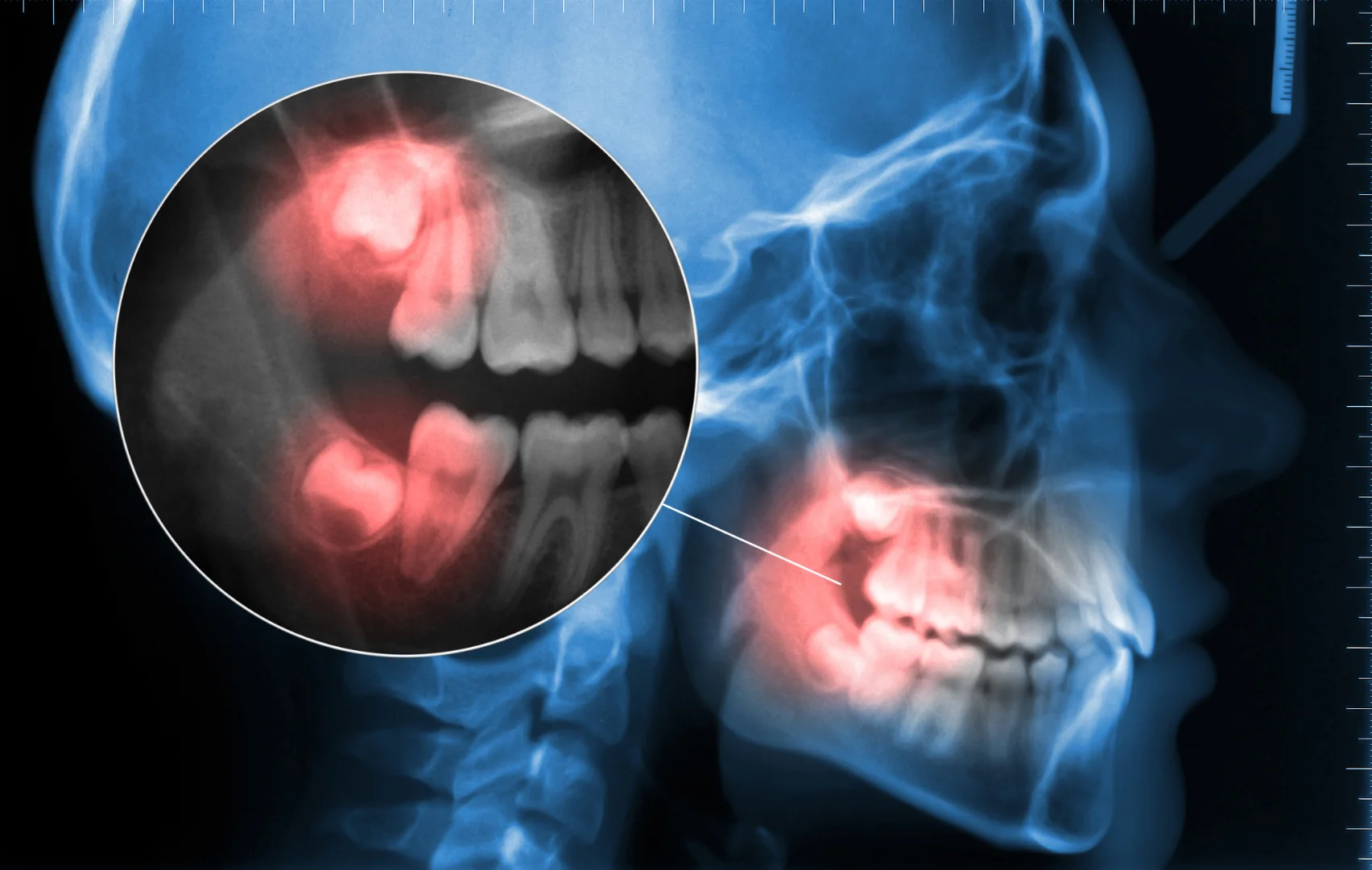Teeth that have recurring infections indicate an issue at the root level or within the tooth canal. Root canals and related procedures are often used to treat these problems, but sometimes an apicoectomy must be performed. An apicoectomy is a type of endodontic surgery and is considered a minor surgical procedure.
An apicoectomy is a common dental surgery performed by an oral surgeon that involves removing the tip of a tooth root and sealing it. This procedure is performed as a last resort when multiple root canal treatments fail to adequately address the issue. The removal of the tip of the tooth’s root is also known as root end surgery or root end resection.
Endodontic surgery explained: Endodontic surgery like an apicoectomy is needed when nonsurgical root canal treatments result in failure, and infection or inflammation persists at the end of the root. You may need an apicoectomy if there is persistent infection or damage at the root end that cannot be resolved by standard treatments.
During the procedure, the surgeon targets the end of the root (root end) of the tooth’s root to remove infected tissue and promote healing.
Understanding Root Canal Treatment
A root canal procedure is a common dental procedure designed to treat infection or damage deep within a tooth. When the soft tissue, or pulp, inside the tooth becomes infected or inflamed, a root canal treatment is typically performed to save the natural tooth and prevent further infection. During this procedure, the dentist carefully removes the infected tissue from the root area, thoroughly cleans and disinfects the inside of the tooth, and then fills and seals it to restore its function and health. By eliminating the source of infection and sealing the tooth, root canal treatment helps preserve the tooth’s structure and prevents the need for extraction. This approach allows patients to keep their natural teeth, maintain normal chewing function, and avoid more extensive dental procedures. Root canals are highly effective at treating infection and are often the first step in managing issues before considering more advanced treatments like an apicoectomy.
What Can I Expect During Endodontic Surgery (Apicoectomy)?
In most cases, an apicoectomy is a simple, minimally invasive surgical procedure performed inside the mouth. Depending on the complexity of the root structure and the number of roots, as well as the position and location of the infected tooth, it should take no more than 90 minutes to perform, though more complex cases may take longer. Throughout the procedure, the oral surgeon views your affected tooth through a microscope. The surgical site is exceptionally small, and the tip of the root is only a few millimeters in length, which makes it difficult to see without magnification.
The oral surgeon makes a small incision in the gum tissue near the infected area and lifts the gum away to expose the root. Any damaged tissue and infected tissue surrounding the end of the root are carefully removed, along with the tip of the root and, if necessary, a small portion of the surrounding bone. This helps eliminate infection and promote healing of the bone. A small filling is then placed over the area where the root tip was removed, and the area is sealed to prevent reinfection. The root canal is properly sealed as well. Stitches are applied over the incision area in the gum tissue.
This surgical procedure is considered minor but can be more painful than a standard root canal, with some postoperative discomfort expected. Pain management options are available, and most patients experience relief as healing progresses.
For affected teeth located in the back of the upper jaw, there is a risk the infection could spread into the sinuses. In such cases, patients may need antibiotics or decongestants for a few days prior to and after the procedure.
Sometimes the condition of the root or severity of the infection is unknown until the surgeon is able to view the area during the procedure. In these extreme cases, the oral surgeon may decide to simply extract the tooth. If extraction is necessary, a removable partial denture may be recommended to maintain oral function and prevent shifting of adjacent teeth. This approach helps protect the overall health of the mouth when saving the natural tooth is not possible.
What is the Recovery Time?
Recovery time after the procedure usually takes no more than 14 days. During that time, you may experience numbness, swelling, or soreness in the area. Over-the-counter pain medications such as ibuprofen are often prescribed, though prescription pain killers may be necessary. Any stitches are generally removed a few days after the surgery.
The bone surrounding the root will take time to heal after the procedure, and complete bone regeneration may take several months.
An apicoectomy is considered a permanent solution to a recurring tooth infection issue and should last a lifetime. Persistent inflammation at the root tip, even after a root canal, is a common reason for requiring an apicoectomy.
There is a slight risk of nerve damage when working on back teeth on the lower jaw. The endodontist will take x-rays prior to the procedure to locate nerve endings and assess the risk.
Apicoectomy procedures are known for their high success rates, making them an effective option for saving problematic teeth.
Call us at Solace implant center & Oral Surgery (615) 320-1392 and we will be a happy to answer any other questions!
Aftercare and Outcome
After an apicoectomy procedure, it is normal to experience some discomfort, swelling, or mild pain in the affected area. Your endodontist will recommend pain medication to help manage these symptoms and ensure a smooth recovery. To promote proper healing of the soft tissue, it is important to follow all aftercare instructions, such as avoiding hard or chewy foods and taking any prescribed medications as directed. A few stitches may be placed to help the tissue heal, and these are usually removed within a week. Most patients can return to their normal activities soon after the procedure, but it is best to avoid putting pressure on the treated tooth until it has fully healed. The success rate of an apicoectomy is high, especially when patients attend long term follow up appointments and maintain good oral hygiene. The American Association of Endodontists recommends regular check-ups to monitor the health of the tooth and surrounding tissue, helping to prevent further infection and ensure lasting results. With proper care and attention, an apicoectomy can be a highly successful way to save your natural tooth and restore your oral health.



